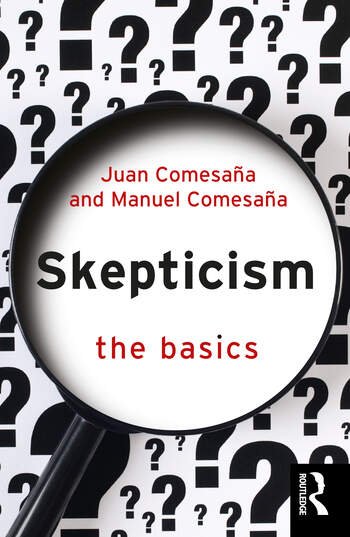My book Being Rational and Being Right was published in 2020 by Oxford University Press (you can also buy it on Amazon). In it, I argue against two prominent views of what our evidence is and for a third one. According to the first view (which I call Psychologism in the book), our evidence is constituted mainly by our experiences. According to the second view (which I call Factualism in the book), our evidence is constituted by what we know. I argue that both of these views misrepresent our evidence, and have untoward consequences for what we are justified in believing and doing. The view I advocate for (Experientialism) has it that our evidence is constituted by what we are basically justified in believing. Along the way I argue that the normative force of unjustified beliefs is best understood in the model of the conditional obligations of dyadic deontic logic, I examine the "easy knowledge" problem and I relate the view developed in the book to Evidentialism, Externalism and hybrids of these views (including my own Evidential Reliabilism).
Symposia, reviews, etc.
Mona Simion, review in Mind.
Adam Marushak, review in Notre Dame Philosophical Reviews.
Bob Beddor, critical notice in Analysis.
Symposium in Philosophical Studies (with contributions from John Hawthorne, Mark Schroeder and Roger White.
Philosopher meets critics session organized by the CONCEPT group of the University of Cologne and the Federal University of Bahia.
Skepticism: The Basics, written with my father Manuel Comesaña, was published in April 2022. This textbook has two parts: one which introduces basic concepts of the theory of knowledge (the tripartite conception of knowledge, the Gettier problem, theories of justification, etc.), and a second one which deals with three types of skepticism—skepticism about induction, Cartesian skepticism, and Pyrrhonian skepticism. You can order from Routledge or Amazon.
Knowledge and Rationality, co-edited with Matthew McGrath, was published in May 2024. It collects essays by prominent epistemologists in honor of Stewart Cohen. The authors are: Thomas Kelly, David Sosa, Jonathan Vogel, Richard Fumerton, Gideon Rosen, Ángel Pinillos, Zachary Goodsell and John Hawthorne, Shyam Nair, Kate Nolfi, Ernest Sosa, Mona Simion, and Earl Conee and Richard Feldman.


